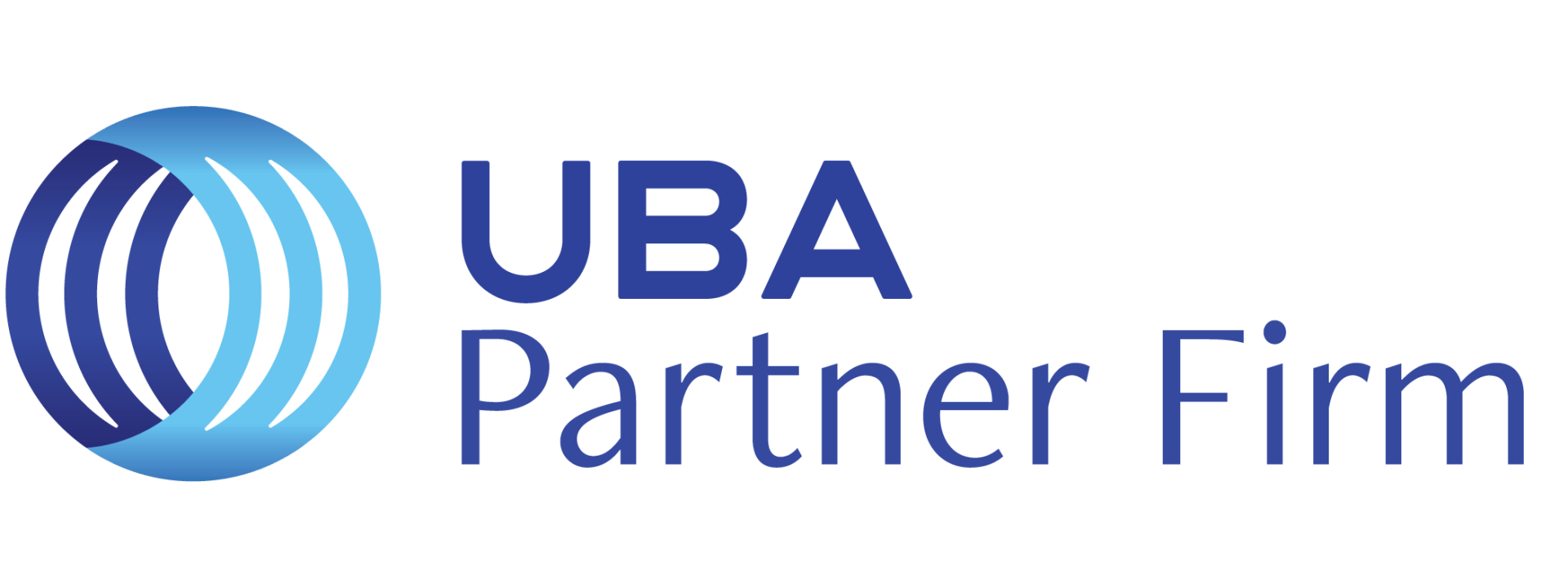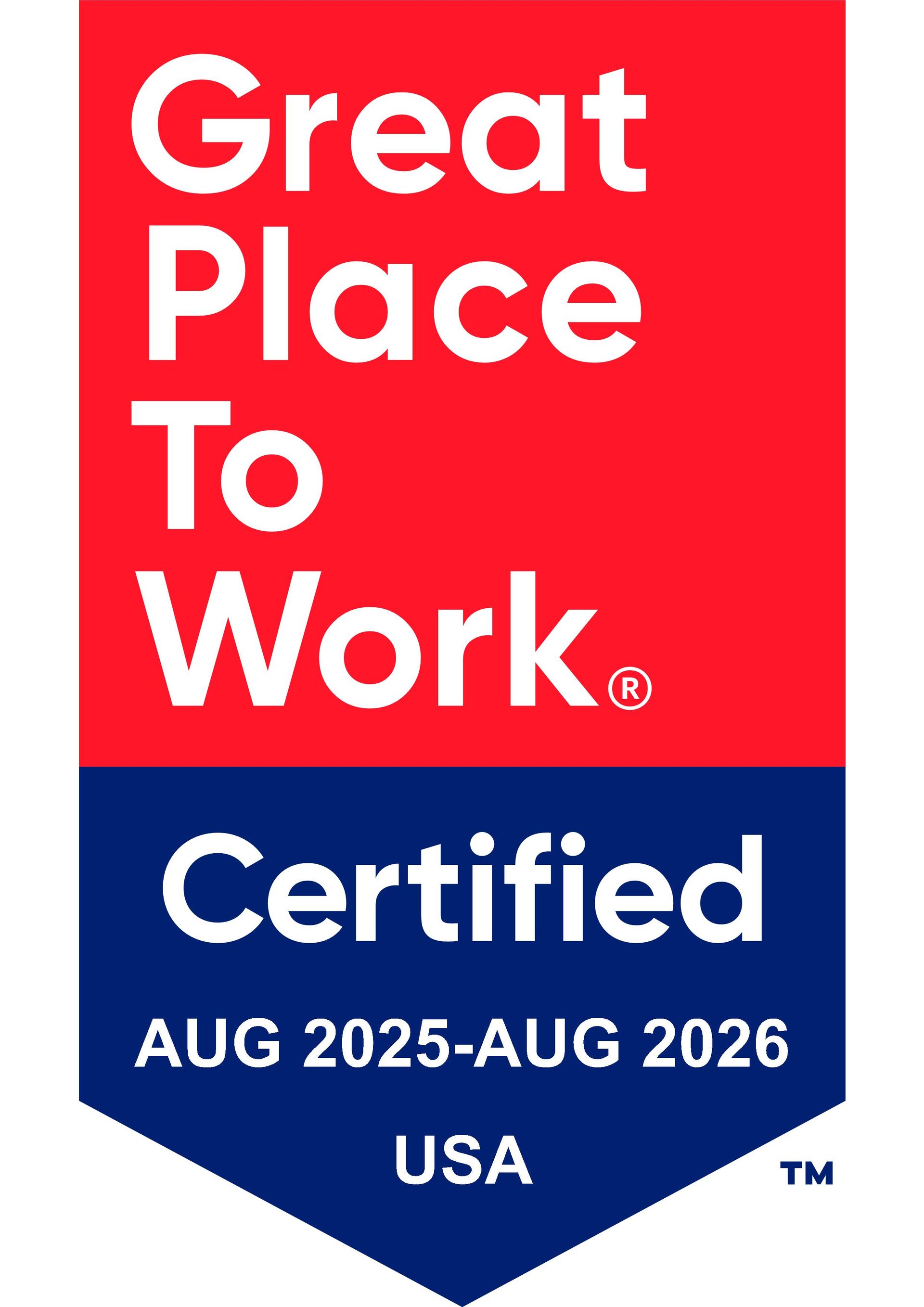sPEAK WITH A Group BENEFITS EXPERT.
*OUR CLIENTS SAVE AN AVERAGE OF 30-40% ON THEIR EMPLOYEE BENEFITS PACKAGES. RESULTS AREN'T GUARANTEED, BUT THIS IS OUR #1 GOAL.

HOW COMPETITIVE ARE YOUR EMPLOYEE BENEFITS?
Compare your company’s benefits package against industry standards to see where you stand. Our benchmarking tool evaluates medical coverage, retirement plans, wellness programs, and PTO policies, helping you identify areas for improvement to attract and retain top talent.
THE KBI DIFFERENCE
Our employee benefit service professionals solve problems that exist within your health benefits program and ensure every dollar invested creates the outcomes you need for achieving greater business success.
We improve the ROI on your program, which directly impacts your ability to improve recruiting, retention, and productivity.
To explore our employee benefit services, book a call with a KBI Benefits Expert today!

Our Services
Benefits of
working with KBI
INSURANCE OUTCOMES Delivered
Executional excellence turns promises into outcomes. Within a framework defined by your unique needs and goals, we deliver outcomes that are essential to your success.
Leveraging everything
We utilize a timely and proactive process to ensure you can take advantage of new opportunities and avoid new dangers as they arise. We call this Leveraging Everything™.
KBI's guidance & Insight
As the pace of change accelerates, asking, “What’s new?” is not enough. We’re asking, “What’s important?" and publishing our thoughts here.


As a UBA partner, KBI is part of the nation’s leading organization of independent benefit advisors.

Latest Insights

Home | Contact Form
Reach OUT
We believe the relationship between employer and employee has tremendous untapped potential. We are here to help our clients unleash that potential.
We would love to help, contact a team member today!







